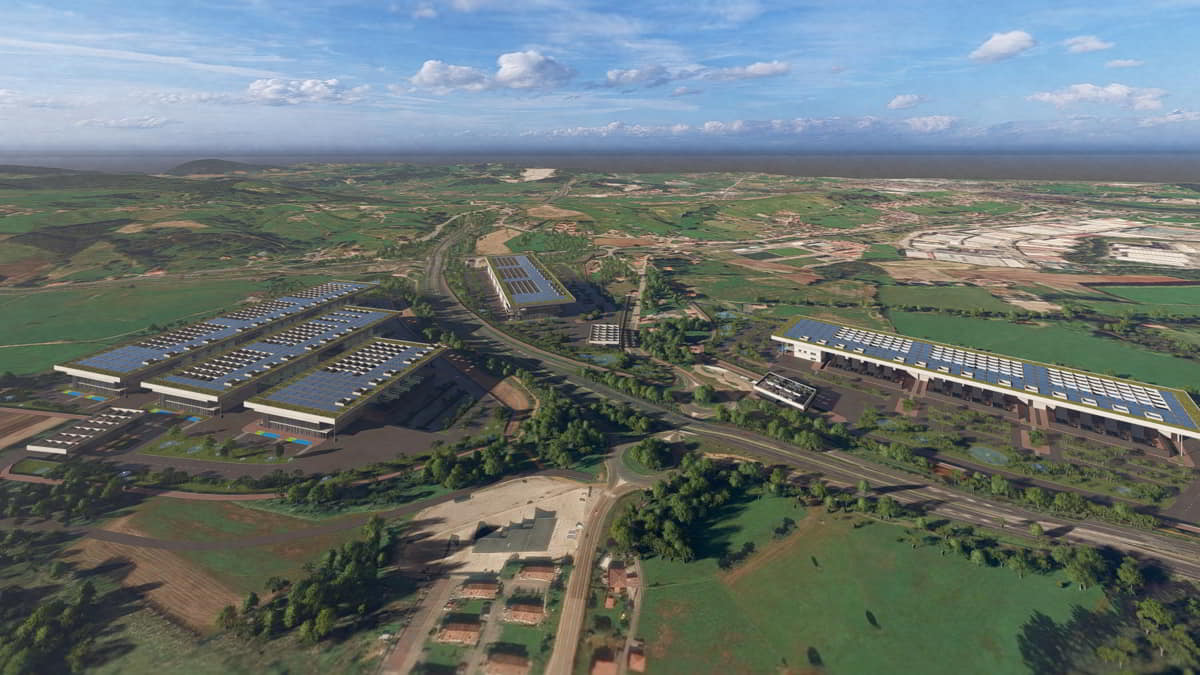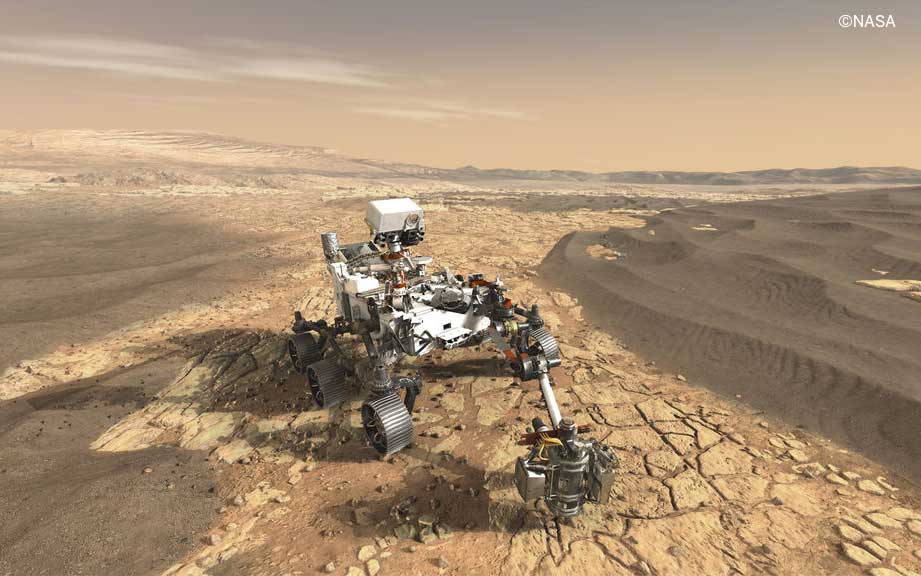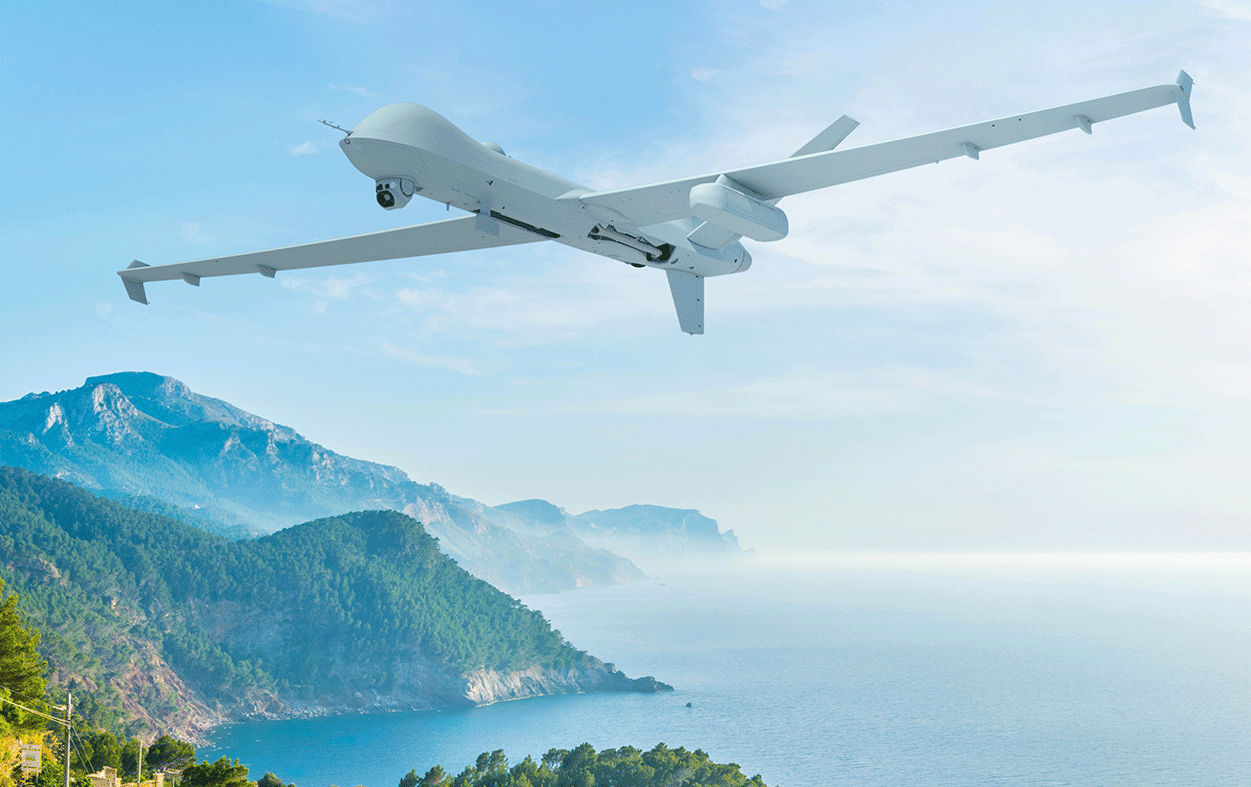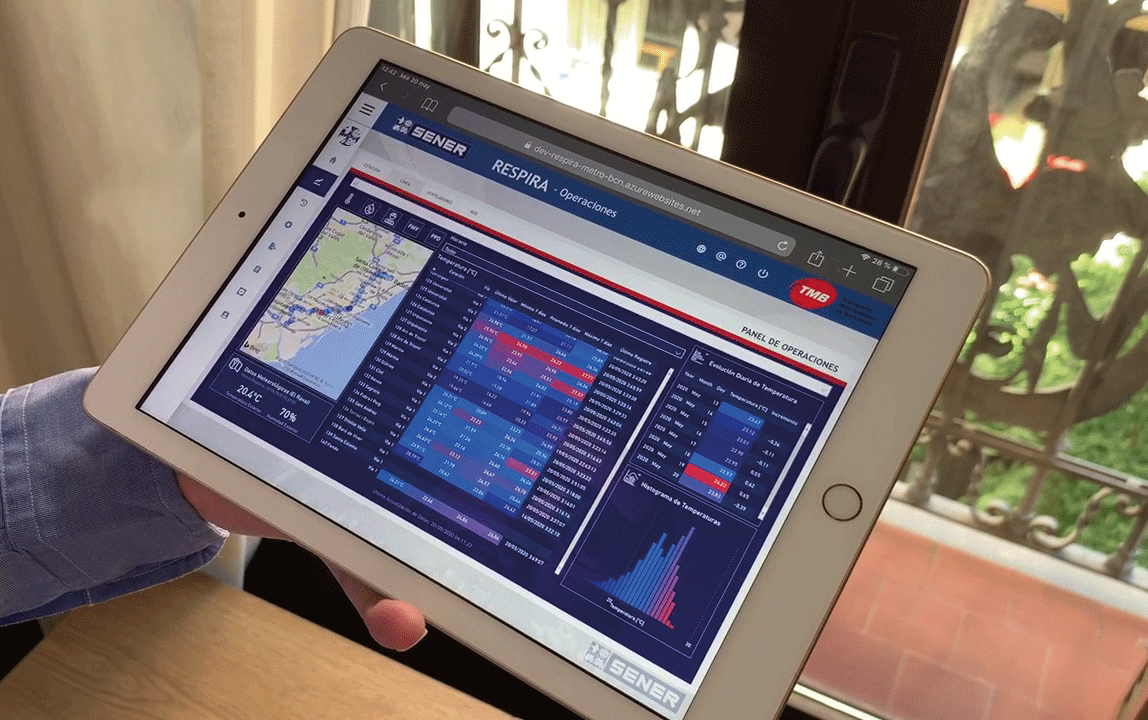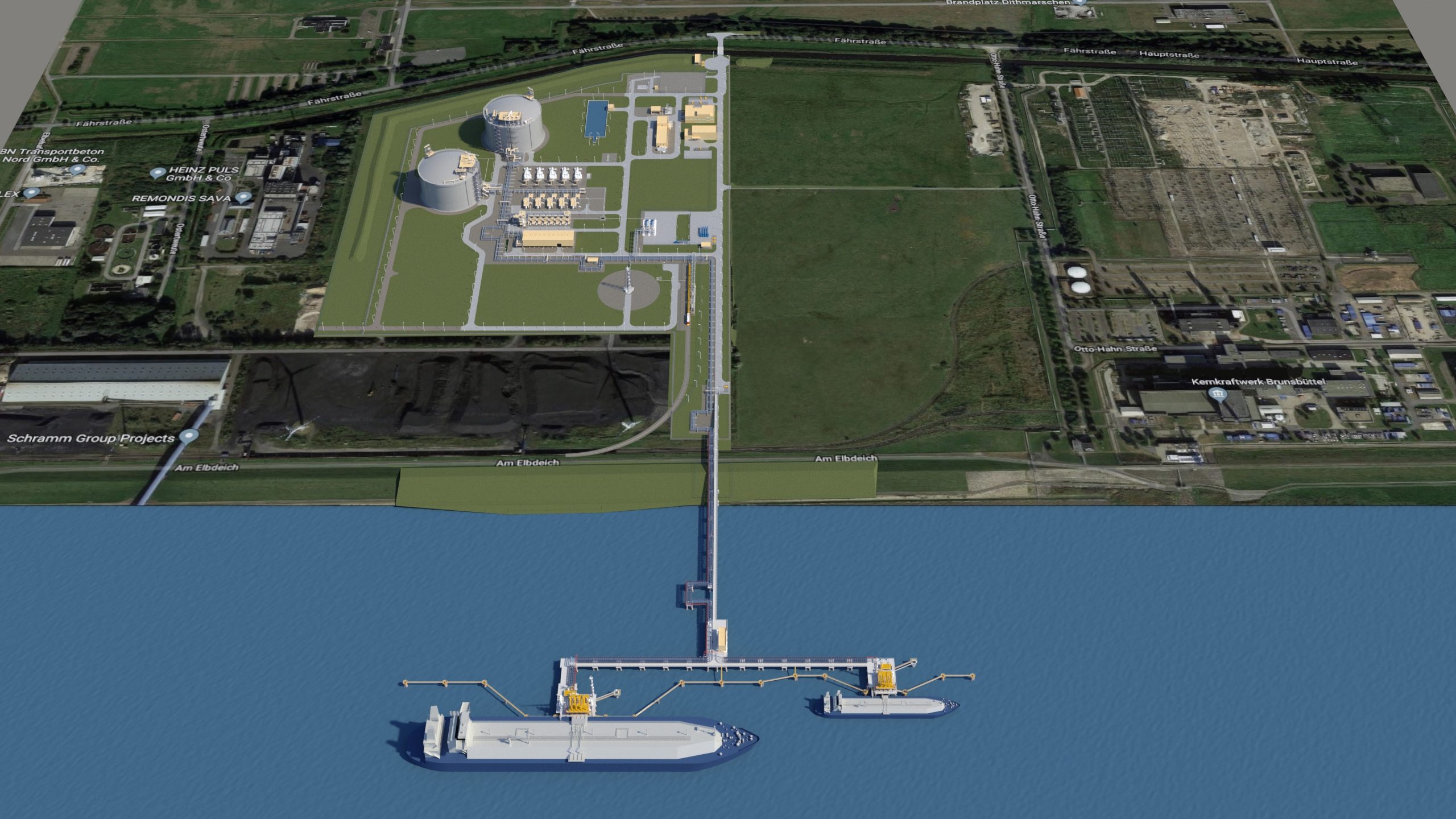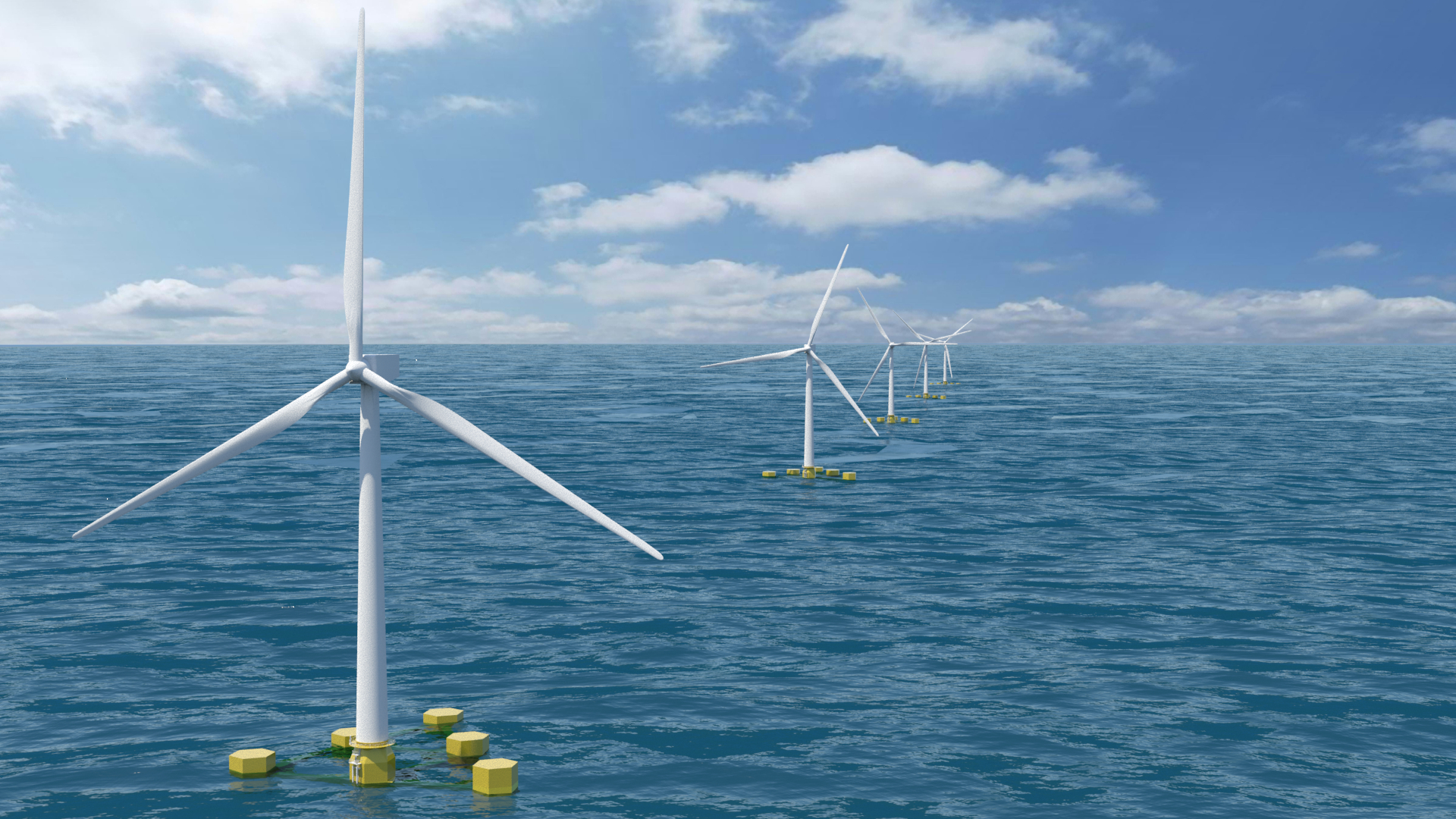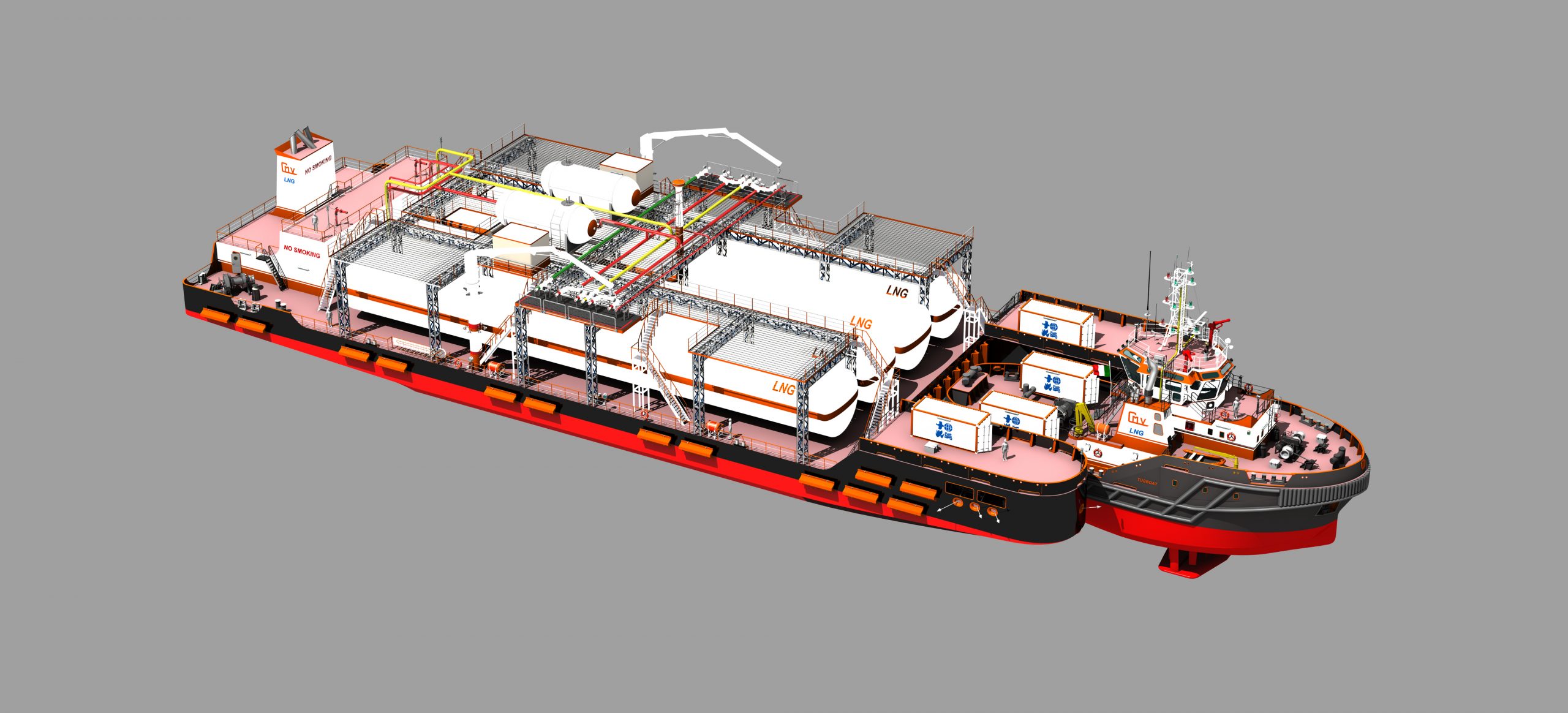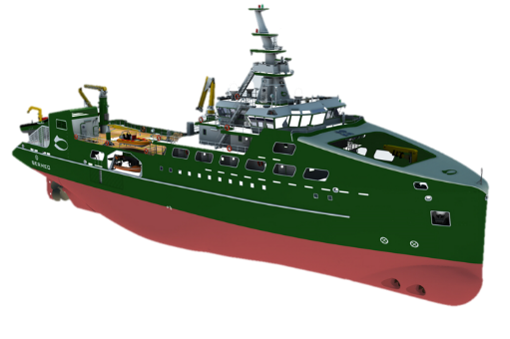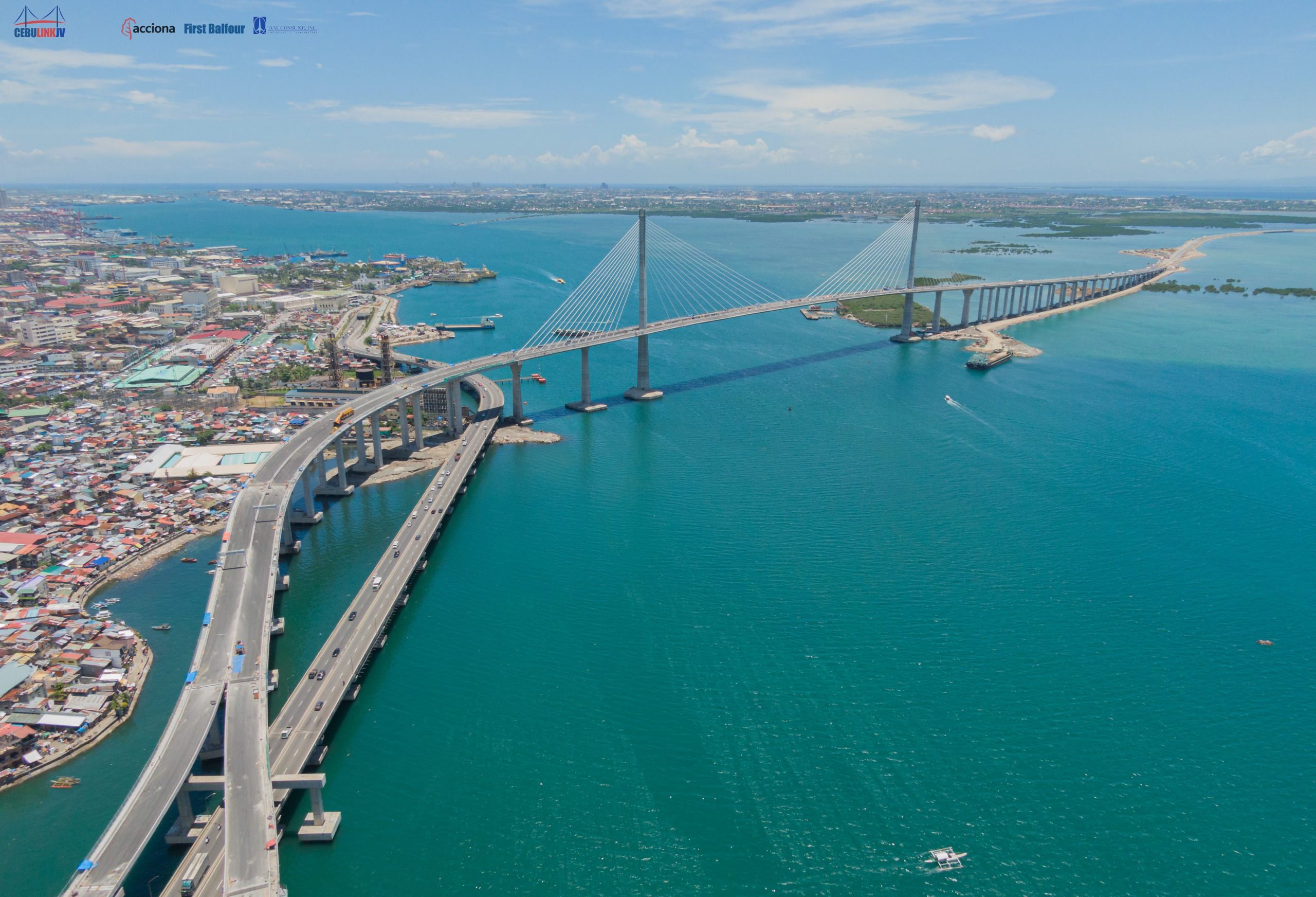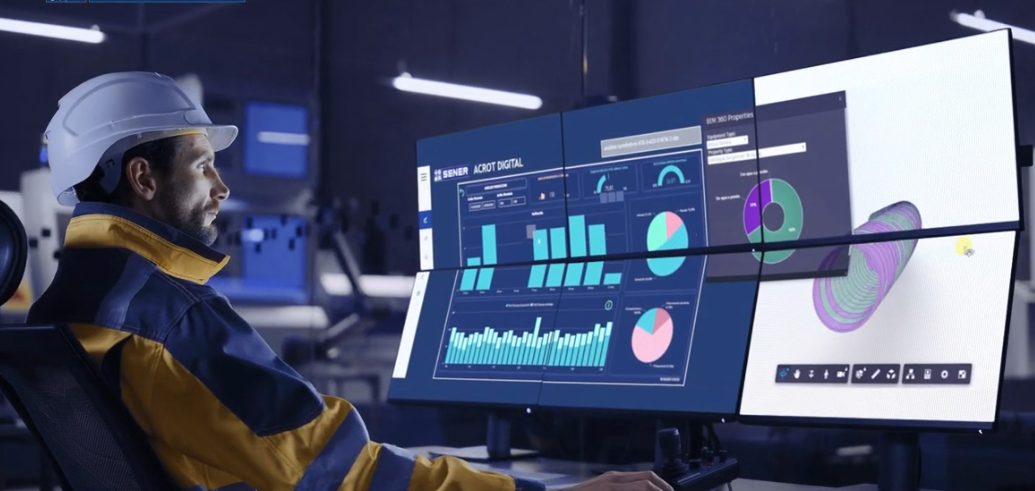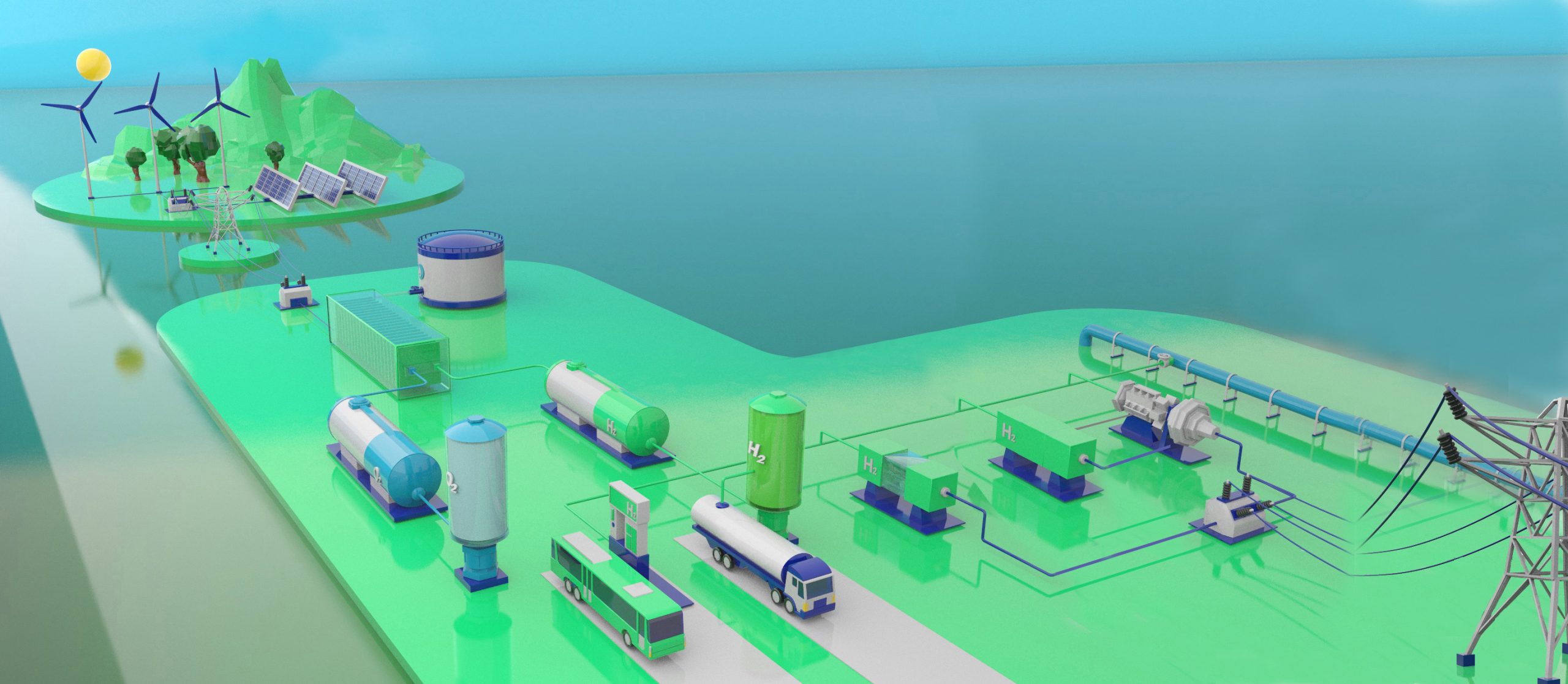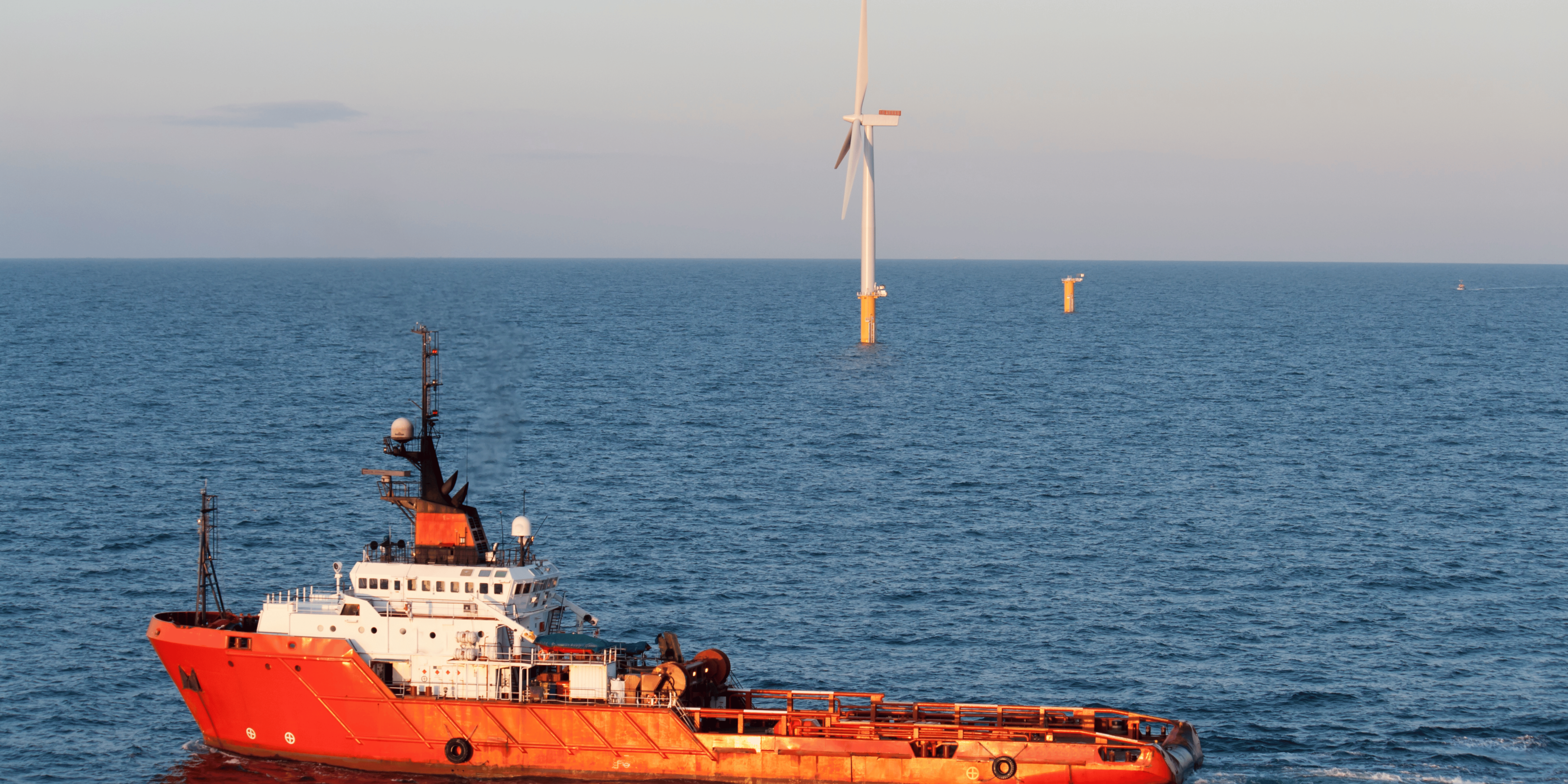
As recently discussed in this blog, marine engineers have a decisive role to play in the development of a field with as much potential as that of floating offshore wind energy, thanks to their knowledge of hydrodynamics and experience in managing operations in complex maritime environments, among other areas.
In this article, we take a closer look at some of the aspects that set them apart and allow them to add value to this booming industry. For example, this is the case in the regulatory arena: maritime safety and construction regulations are rigorously applied to the design and construction of floating platforms used in offshore wind. This includes certification of the structure to ensure that it complies with stability, structural strength and on-board safety regulations. Offshore wind must also comply with environmental regulations, which set limits for emissions and discharges of pollutants into water and air, aspects covered by the knowledge of marine engineering experts.
Regulations also govern the inspection and periodic maintenance of offshore structures and wind turbine systems: marine engineers must be involved in the planning and execution of these activities to ensure compliance. As offshore wind energy projects are often international, it is crucial to comply with international conventions and regulations, such as SOLAS and MARPOL, which set global standards for safety and environmental protection at sea. The marine engineer has the obligation to know and apply these regulations in his projects and is therefore the best person to ensure compliance in the case of offshore floating wind installations.
The field of logistics and maintenance in the offshore environment is another area where these professionals can provide knowledge and experience. The floating offshore wind industry presents a unique set of logistical and operational challenges, as it involves the installation, maintenance and repair of floating structures and wind turbines in dynamic and often harsh marine environments. Marine engineers play a crucial role in the planning and execution of these operations, drawing on their experience in managing projects in harsh marine environments and their understanding of the complexities of offshore logistics. Tasks that can be performed by marine engineers include logistics planning (work on planning safe navigation routes for vessels and equipment, taking into account changing sea conditions and weather restrictions), ship management, maintenance and repair, safety in hostile environments, and the implementation of advanced technology (such as remote monitoring systems that allow for constant monitoring of platform and turbine conditions).
These two aspects, regulatory compliance and logistics and maintenance, are just a small sample of the important role that marine engineers play in the development of floating offshore wind energy, which is key to the ecological transition.
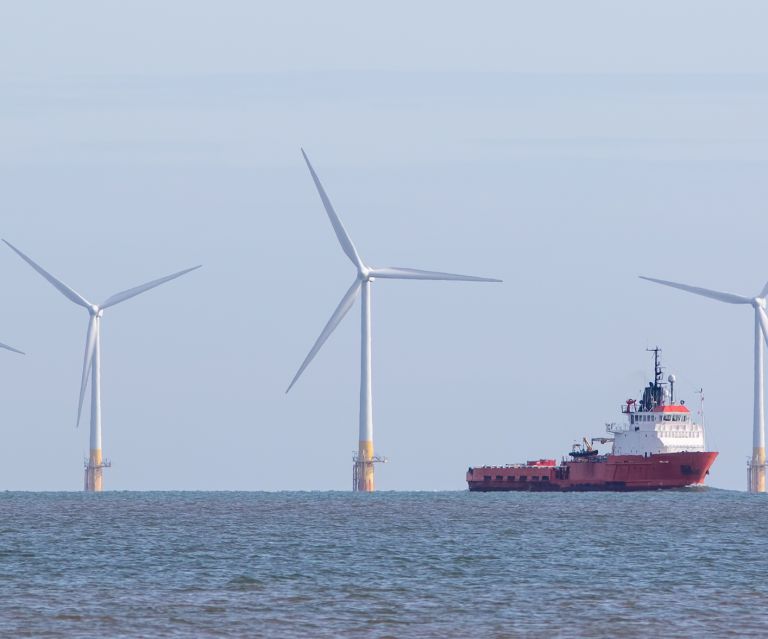
Interested in learning more?
Find out how the offshore wind energy industry finds in naval engineers a fundamental pillar for its development and expansion.
DownloadFermín Monterrubio
Director de proyecto
A Marine Engineer with postgraduate studies in Innovation Management from the Polytechnic University of Madrid (UPM) and a Master's degree in Project Management from the European Institute of Business Studies, he has 18 years of experience in ship design and construction, working in technical offices and shipyards as a Designer, Project Manager, and Production Manager. Throughout his professional career, he has led the design and construction of various types of vessels, including chemical tankers, offshore supply vessels, rescue vessels, tugboats, fishing vessels, icebreakers, and dredging vessels. He is currently an Engineering Project Manager specializing in armament, machinery, and conceptual ship design.

 About us
About us